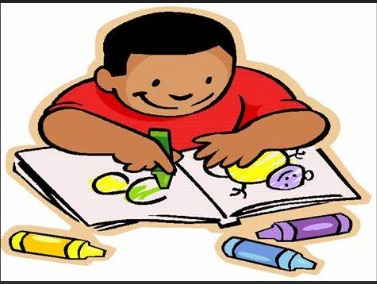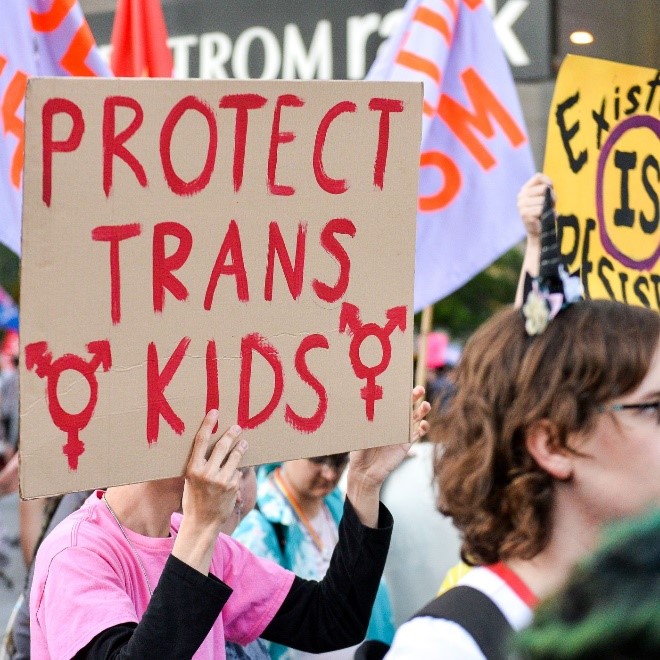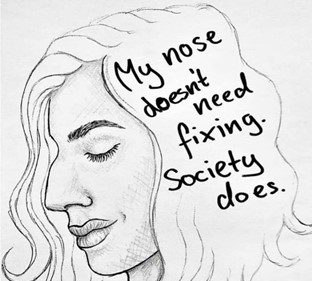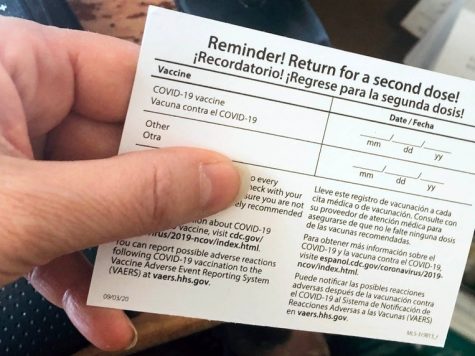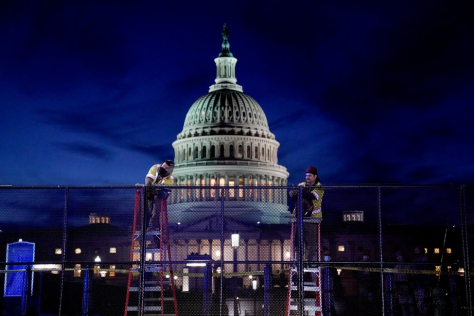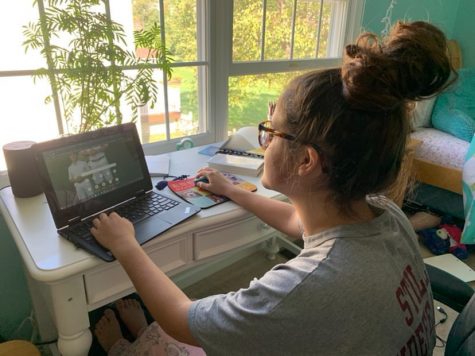The Harm of Anti-LGBTQ+ Legislature
March 22, 2022
Texas and Florida may seem like distant places to CB West students, perhaps somewhere to vacation during a break from school. How could those states’ decisions affect anything close to us? Here’s how: an attack of LGBTQ+ kids anywhere in this country is an attack on all of them. In recent years, laws from states across the country have stopped transgender student athletes from competing in sports, made gender-affirming care for youth illegal, and discouraged LGBTQ+ content in the classroom. Most recently, Texas and Florida governments have created directives in this vein.
The governor of Texas wants to criminalize providing gender-affirming medical care to transgender children. Doctors, nurses, and teachers would be required to report parents who help their children obtain this medical care to the government. Agencies would also not be permitted to provide this care. The state’s government calls this life-saving medical care “child abuse.” This is incorrect. Gender-affirming care, like HRT (hormone replacement therapy) and surgeries, can ease gender dysphoria in transgender youth. Gender dysphoria can occur when the sex assigned to someone at birth does not match their gender identity. Medical care for transgender kids is the opposite of child abuse; these processes can improve the youths’ mental health and well-being. When they can look in the mirror and match who they are on the outside and the inside is when they can feel truly themselves.
Florida has made headlines with House Bill 1557, which has been dubbed the “Don’t Say Gay” bill. This legislation dictates new guidelines about communication between schools and parents/guardians, conversations about gender and sexuality, and parents/guardians’ choices in students’ counseling and health services. The language in the bill is vague, which leaves interpretation up to individual districts and schools. For example, lines 97-101 state, “Classroom instruction by school personnel or third parties on sexual orientation or gender identity may not occur in kindergarten through grade 3 or in a manner that is not age appropriate or developmentally appropriate for students in accordance with state standards.” The terms “age appropriate” and “developmentally appropriate” are not defined. These fuzzy standards leave room for the possibility of students and teachers being discouraged from talking about LGBTQ+ topics at all, even beyond third grade. Heterosexuality is so ingrained in social culture that many straight people would find it impossible not to talk about their sexuality, even if they do not realize they are doing it. However, other sexualities may be labeled as “taboo” or even “inappropriate,” as the bill suggests.
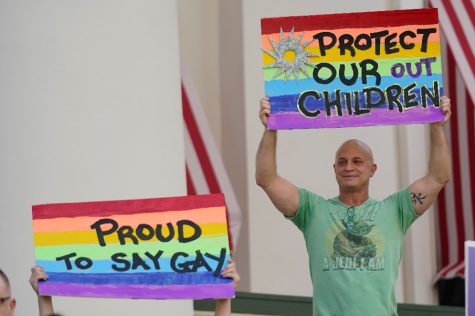 Additionally, lines 67-78 state, “In accordance with the rights of parents … adopt procedures for notifying a student’s parent if there is a change in the student’s services or monitoring related to the student’s mental, emotional, or physical health or well-being and the school’s ability to provide a safe and supportive learning environment for the student.” Many advocates for LGBTQ+ youth protest that these lines give administrators the power to “out” students to their parents/guardians. “Outing” refers to revealing a student’s sexuality or gender identity to someone else without their consent. If the student informs a teacher that they are gay and would like counseling, for example, the school may tell the student’s family. This is harmful because schools often provide safe spaces for students to express themselves that they may not find at home. Schools should never out students to their families; the only person who should share that information is the student themselves.
Additionally, lines 67-78 state, “In accordance with the rights of parents … adopt procedures for notifying a student’s parent if there is a change in the student’s services or monitoring related to the student’s mental, emotional, or physical health or well-being and the school’s ability to provide a safe and supportive learning environment for the student.” Many advocates for LGBTQ+ youth protest that these lines give administrators the power to “out” students to their parents/guardians. “Outing” refers to revealing a student’s sexuality or gender identity to someone else without their consent. If the student informs a teacher that they are gay and would like counseling, for example, the school may tell the student’s family. This is harmful because schools often provide safe spaces for students to express themselves that they may not find at home. Schools should never out students to their families; the only person who should share that information is the student themselves.
While Texas and Florida seem like distant, sunny dreams, their legislation is hurtful to LGBTQ+ youth around the country. When students see other kids like them as targets of laws that stop them from being their true selves, they can feel as if their identities are illegal. Transgender students live everywhere. Gay students live everywhere. LGBTQ+ students live everywhere. Their sexualities and gender identities will not disappear even if you “Don’t Say Gay.” Instead, these children won’t have the words to express themselves. Do not silence them; do not outlaw them. Students need adults that will support and uplift them and a government that will recognize their existence.

